Who We Are
The DaSCH - Swiss National Data and Service Center for the Humanities was initiated by the Digital Humanities Lab (DHLab, University of Basel) and the Swiss Academy of Humanities and Social Sciences (SAGW) as part of a pilot project anchored in the ERI (Education, Research and Innovation) Dispatch 2013–2016, after a consortium by the universities of Basel, Bern and Lausanne – led by the Digital Humanities Lab at the University of Basel – won a public tender by SAGW. During the pilot phase, a feasibility study for the chosen technical solution was successfully conducted using various data sets.
In 2017, DaSCH was established as a national facility operated by SAGW with a mandate set out in the ERI Dispatch 2017–2020.
Since 2021, DaSCH has operated as a national research data infrastructure primarily funded by the Swiss National Science Foundation (SNSF).

Our quality goals are rooted in our belief in Open Data. Data stored with us is accessible by the FAIR-Principle. FAIR stands for Findability, Accessibility, Interoperability and Reusability. DaSCH strives for a continuing improvement in user friendliness while maintaining the base principle of FAIR Data.
What Makes DaSCH Unique?
DaSCH is among only a handful of FAIR-compliant data repositories that ensure the long-term preservation of humanities research data and at the same time offer the following benefits on its platform:
Direct accessibility - We keep your database alive, meaning that your data remain editable, visible, directly accessible and searchable within our web application in the long term.
Persistent identifier - Each object within your database receives its own permanent identifier, which enables precise citation in publications.
Generic virtual research environment - We offer you a generic virtual research environment that you can use during the lifetime of your project. This means that there's no need to re-model, clean and import the data at the end!
Mission Statement DaSCH
DaSCH develops and operates a FAIR enabling trusted digital repository for open research data in the humanities in Switzerland. We provide long-term direct access to the data, enable their continuous editing and all-ow for precise citation of single objects within a dataset. We ensure interoperability with tools used by the Humanities and Cultural Sciences communities and foster the use of standards. The development of our platform happens in close cooperation with these communities. We provide training and advice in the area of research data management, promote open data and the use of standards.
DaSCH is the coordinating institution and representative of Switzerland in the European Research Infrastructure Consortium ‘Digital Research Infrastructure for the Arts and Humanities’ (DARIAH ERIC). Within this mandate, we actively engage in community building within Switzerland and abroad.
DaSCH cooperates with national and international organizations and initiatives in order to provide services that are fit for purpose within the broader Swiss open research data landscape and that are coordinated with other institutions such as FORS.
We base our actions on the values reliability, flexibility, appreciation, curiosity, and persistence.
Reliability
We communicate clearly and keep to deadlines. If issues arise, we inform the researchers about the problem and show possibilities to solve it.
Flexibility
We care about finding the best possible solutions for the researchers' needs in cooperation with them. We think in alternatives and scenarios.
Appreciation
We maintain a constructive relationship with each other and with our customers and expect the same from them.
Curiosity
We care about how to satisfy the needs of researchers and inform ourselves about their desires and pain points. We learn from and with our community. Our innovations are driven by deep curiosity for emerging technologies.
Persistence
We have a clear idea of where the journey is going. We do not let obstacles and setbacks discourage us. We consistently set our eyes on our goal and do everything within our sphere of influence to achieve it.
Our Vision:
We are the trusted platform and partner for open research data in the Humanities.
DaSCH Service Platform 2025-2028
Basel, February 2025
At its core, the DaSCH Service Platform (DSP) serves as a repository, which ensures the collection, preservation, and accessibility of data in line with established FAIR principles. It covers four main functionalities:
- Collection and analysis of data.
- Data must be archived to ensure long-term integrity and availability.
- Metadata must be available and searchable to ensure findability of all deposited data.
- All openly accessible data must be published and retrievable in human readable as well as machine readable form.
In line with the service agreement for the period 2025-2028 between the Swiss National Science Foundation (SNSF) and DaSCH, we will make fundamental changes to the DSP in the course of the next four years to enhance its functionality, scalability, and usability.
The architecture of the current single, monolithic system encompasses a Virtual Research Environment, an Archive and a Presentation Environment. This system will be split up into a modular structure with separated components. Each component will focus on specific functionalities while remaining closely integrated with each other:
- Virtual Research Environment: A dedicated component to facilitate data collection, processing, and analysis within the platform.
- Archiving: This module will ensure the long-term preservation and consistency of data. By adhering to archival standards like OAIS, it will provide a robust foundation for maintaining the integrity of research data over time.
- Discovery and Re-Use: This component will facilitate the discovery and presentation of data, providing access to data and metadata through user interfaces and APIs.
Diverging needs arise from different stages of the research data lifecycle. By separating the components, each component can directly address the specific needs of the researchers in the respective phase of the research data lifecycle. Furthermore, this modular design will enhance the platform’s ability to integrate with external systems, such as third-party VREs, metadata aggregators, or future Swiss and international EOSC nodes, where interoperability is no longer limited to data alone. The seamless integration of tools, workflows, and services is essential to create a cohesive ecosystem that supports research across disciplines and borders.

Fig. 1: Future architecture of the DaSCH Service Platform. May be subject to change.
Governance
DaSCH - Swiss National Data and Service Center for the Humanities
The DaSCH - Swiss National Data and Service Center for the Humanities is an association, accommodating all relevant stakeholders as members and acting independently of any single Higher Education Institution. This set-up guarantees a truly national orientation of the association, and requires only few administrative formalities which results in an effective and efficient governance of our research infrastructure. Membership is open to:
- all Swiss Institutions of Higher Education as defined by the HFKG
- the Swiss Academy of Humanities and Social Sciences
- other Swiss research Infrastructures
- national institutions with a high relevance for humanities research
Institutions can apply for membership by sending their application to the Board of the Association. All members are represented in the Assembly of Delegates.
The association has the following bodies:
- Assembly of Delegates
- Board of the Association
- Scientific Advisory Board
- Executive Board
Assembly of Delegates
Each member institution nominates a delegate to the Assembly of Delegates. The Assembly of Delegates is the highest deciding body of the association. Among others it elects the Board of the Association, decides on the statutes and approves the annual accounts and reports.

Board of the Association
The Board of the Association is the governing body of the association. It decides on the strategic planning and the budget that the Executive Board proposes. Currently, the Board of the Association is composed as follows:
- One representative appointed by the University of Basel (host university)
- One representative appointed by the Swiss Academy of Humanities and Social Sciences
- One representative appointed by FORS
- Three representatives from Swiss Institutions of Higher Education
More members such as representatives from other Swiss Institutions of Higher Education can be elected once they have become official members of the association. The Board of the Association meets regularly with the Executive Board.
Current members of the Board of the Association are:
- Prof. Dr. Martin Lengwiler, President, University of Basel
- Prof. Dr. Anita Auer, University of Lausanne
- Prof. Dr. Christian Schwarzenegger, University of Zurich
- Prof. Dr. Michael Stolz, University of Bern
- Dr. Beat Immenhauser, SAGW
- Prof. Dr. Stephanie Steinmetz, FORS
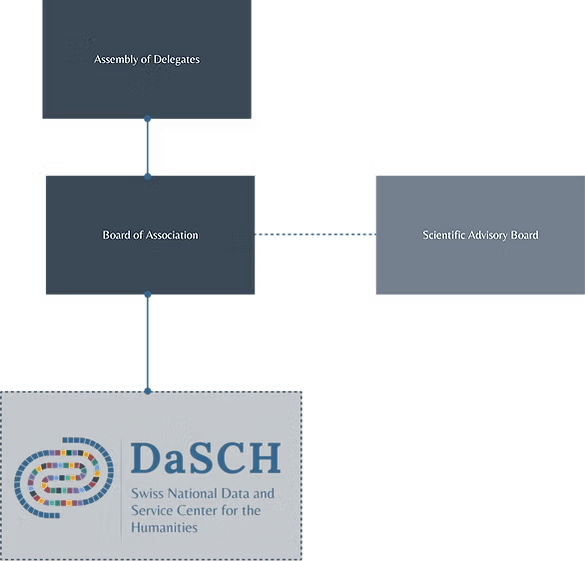
Scientific Advisory Board
The Scientific Advisory Board supports the Board of the Association on scientific matters connected with the development of the infrastructure. It is composed of leading international experts and national stakeholders from different fields of the Humanities. The members of the Scientific Advisory Board are elected by the Board of the Association. They meet at least once a year.
Current members of the Scientific Advisory Board are:
- Dr. Kevin Ashley, Director of the Digital Curation Centre, University of Edinburgh
- Prof. Dr. Susanne Bickel, University of Basel
- Prof. Dr. Panos Constantopoulos, Athens University of Economics and Business
- Prof. Dr. Davide Giuriato, University of Zurich
- Dr. Ronald Haynes, University of Cambridge
- Prof. Dr. Tobias Hodel, University of Bern
- Prof. Dr. Elena Pierazzo, University of Tours
Executive Board
The Executive Board ensures the functioning of all operations of DaSCH. The team will decide on all operative business, such as appointment of employees, finances within the approved budget, technology prospection and implementation, relations to users and other infrastructures or education of users.
The DaSCH Executive Board currently consists of:
- Prof. Dr. Rita Gautschy, Director (Repository Services, DARIAH-CH, Office Management)
- Dr. Ivan Subotic, Deputy Director (Engineering)
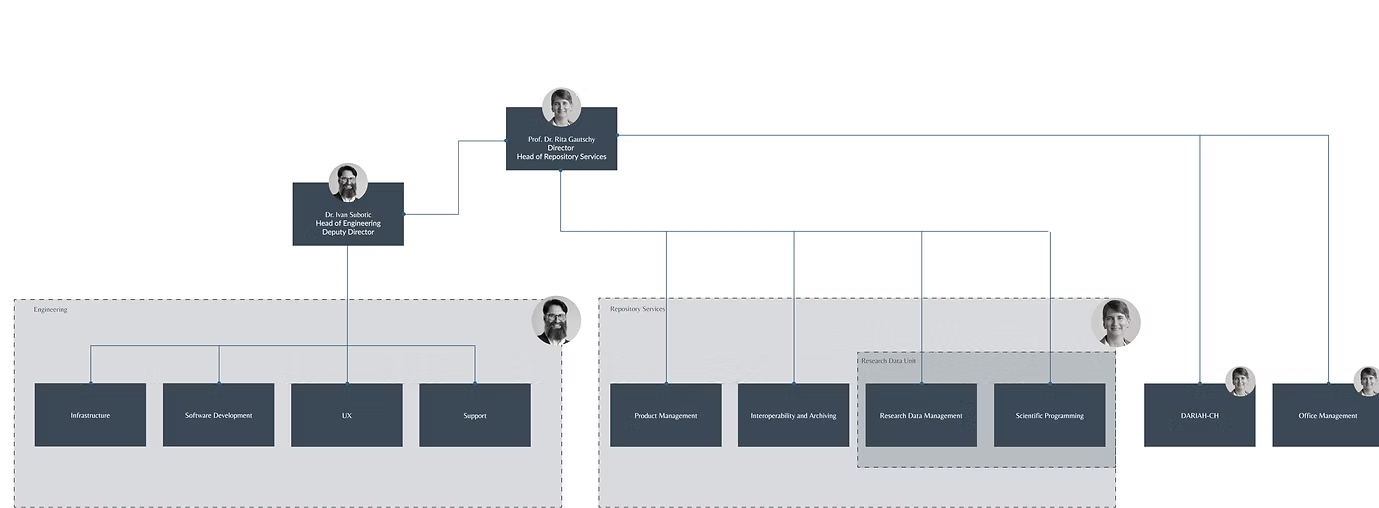
Host University
The University of Basel as a hosting University provides substantial contributions such as the office infrastructure within the Innovation Center in Allschwil/BL, 1 FTE staff position, hosting of the IT-infrastructure by the IT-Services, as well as of HR and accounting services by the University administration.

Basel, Alte Universität (Bild: Mark Niedermann, © Universität Basel)
Funding
DaSCH is a national digital infrastructure (DIS) funded primarily by the Swiss National Science Foundation (SNSF). The services to be provided are detailed in an agreement with the SNSF for 2021 to 2024. The mandate covers the services of DaSCH and the Coordination Office of DARIAH-CH. Moreover, the University of Basel as a hosting University provides substantial in-kind contributions. Further financial resources, i.e. by third-parties or user contributions allow the extension of services to the community or to specific users.
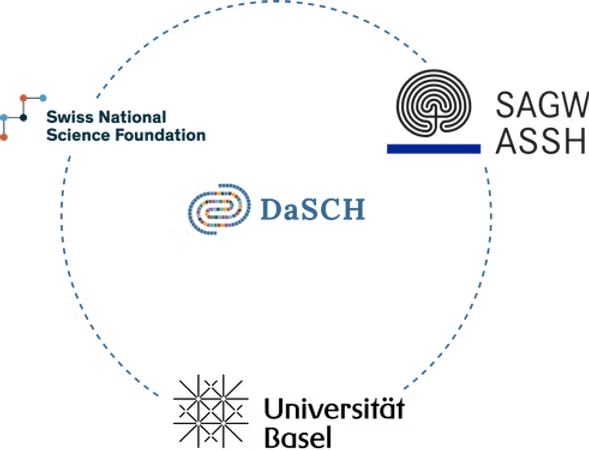
DARIAH-CH
The DARIAH-CH Consortium Agreement has been renewed for 2025-2028. During autumn 2024, all member institutions renewed their previous agreement, and new ones joined the national consortium.
The mission of the DARIAH-CH Consortium is to build an active and impactful national network to enhance and support digitally-enabled research and teaching across the arts and humanities.
With the establishment of the consortium, the scientific community manifests its interest in a national coordination of DARIAH-relevant activities as well as the participation of Switzerland in DARIAH-EU as full member.
Coordination
DARIAH's activities in Switzerland are coordinated by the Swiss National Data and Service Center for the Humanities DaSCH.
Prof. Dr. Rita Gautschy, director of DaSCH, is acting as National Coordinator, while Dr. Cristina Grisot, National Coordination Officer, organises all DARIAH-CH activities and manages the DARIAH requests for Switzerland.
Prof. Dr. Tobias Hodel, from the University of Bern, acts as president of the DARIAH-CH Consortium, whereas Prof. Dr. Sarah Kenderdine from the EPFL acts as vice-president of the consortium.
For more information, visit the DARIAH-CH website.
Our Team
Meet Our Team
We are a young, interdisciplinary team made up of professionals from various fields, including computer science, digital humanities, physics, psychology, philosophy, philology, history, archaeology and physical anthropology.
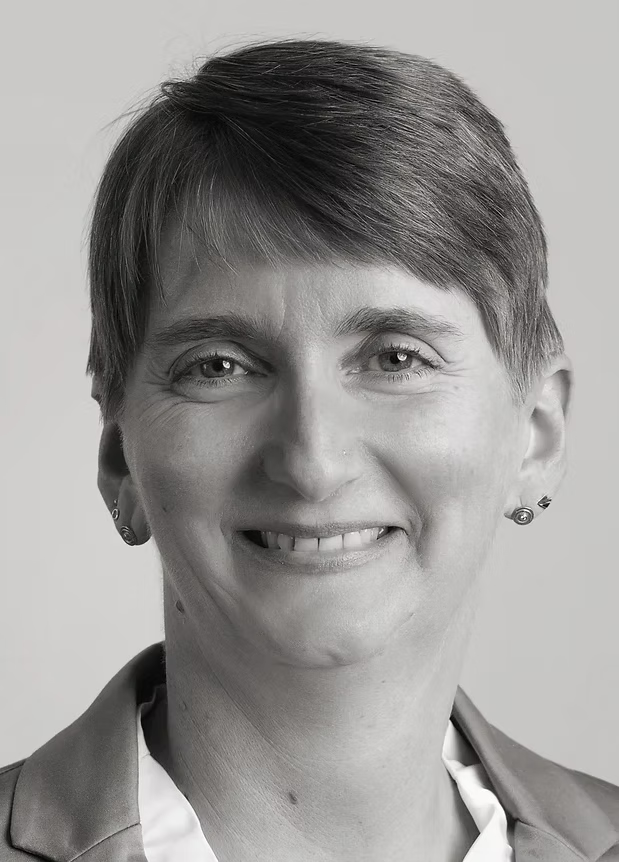
Prof. Dr. Rita Gautschy
Director | Head of Repository Services
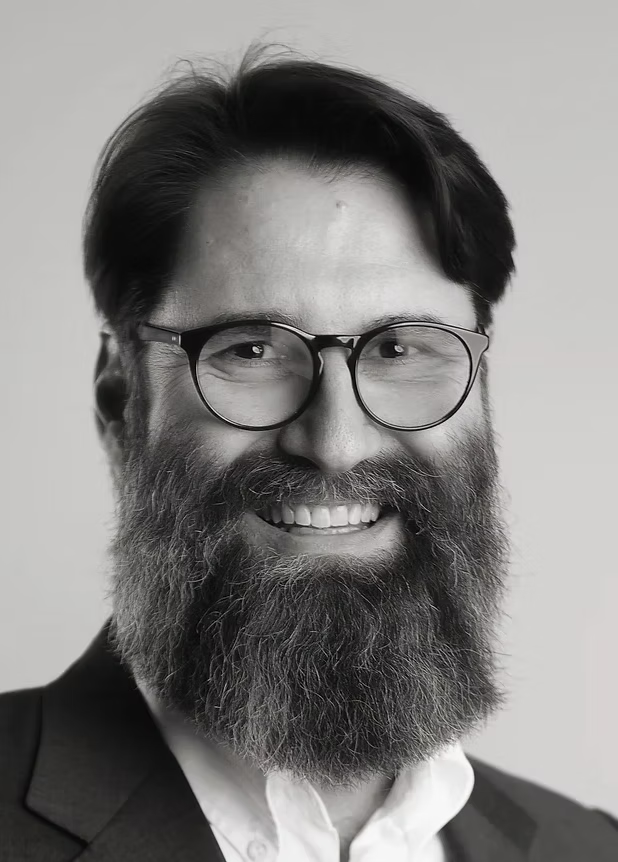
Dr. Ivan Subotic
Deputy Director | Head of Engineering
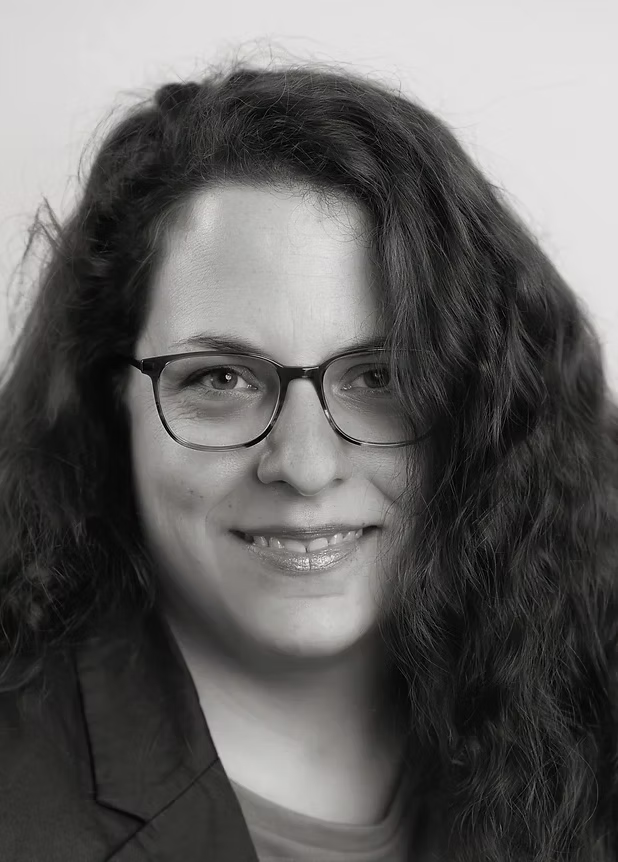
Daniela Meier, B.A.
Office Management | Operations Manager

Cansu Sahinbay
Office Management | Operations Manager
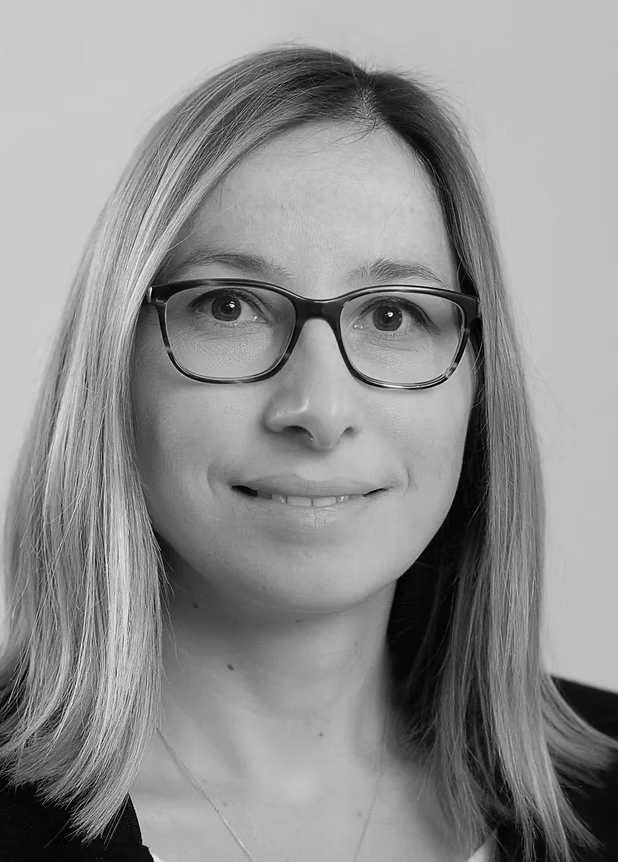
Dr. Cristina Grisot
DARIAH-CH | National Coordination Officer

Balduin Landolt, M.A.
Engineering | Lead Software Engineer
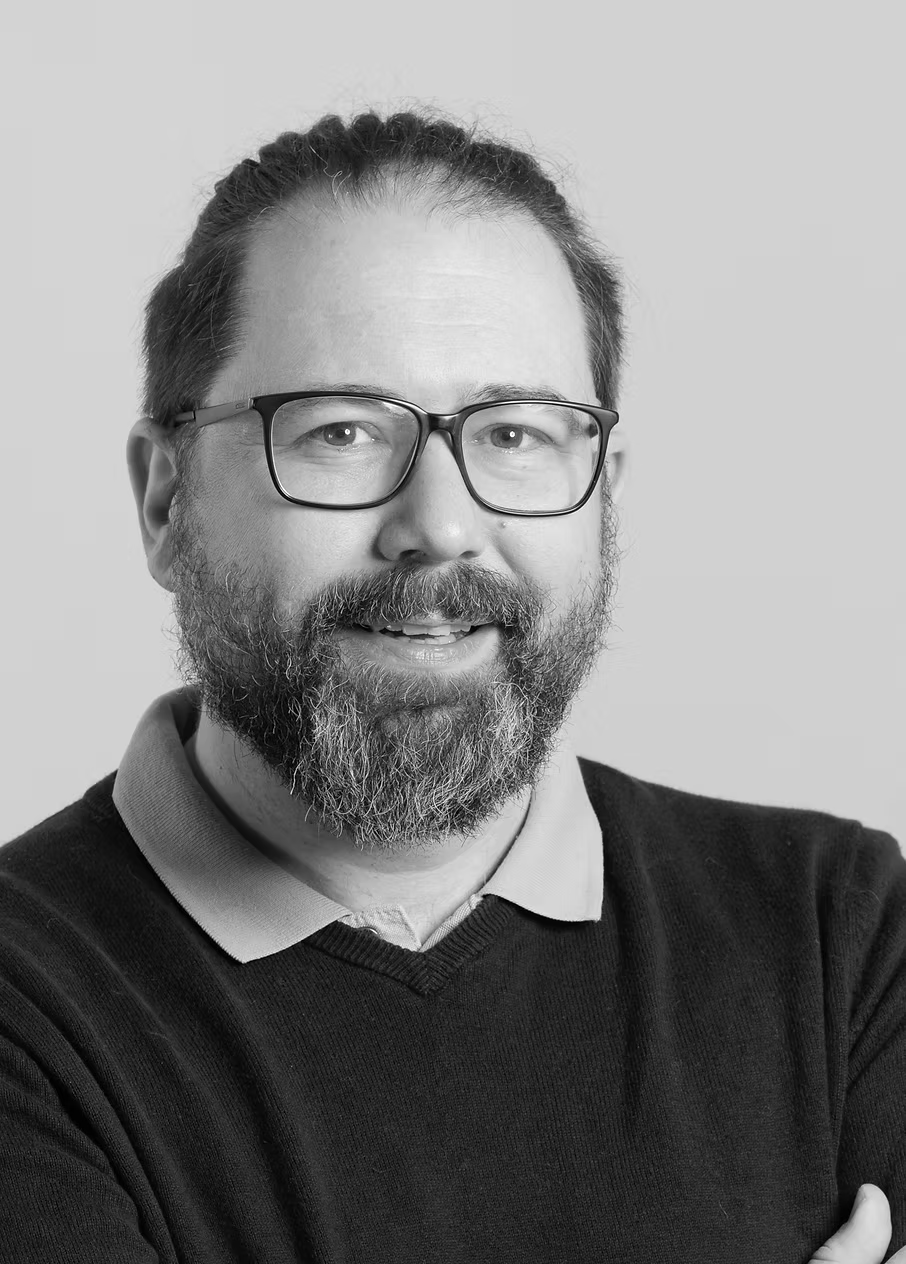
Christian Kleinbölting, Dipl.-Ind.-Eng.
Engineering | Senior Software Engineer
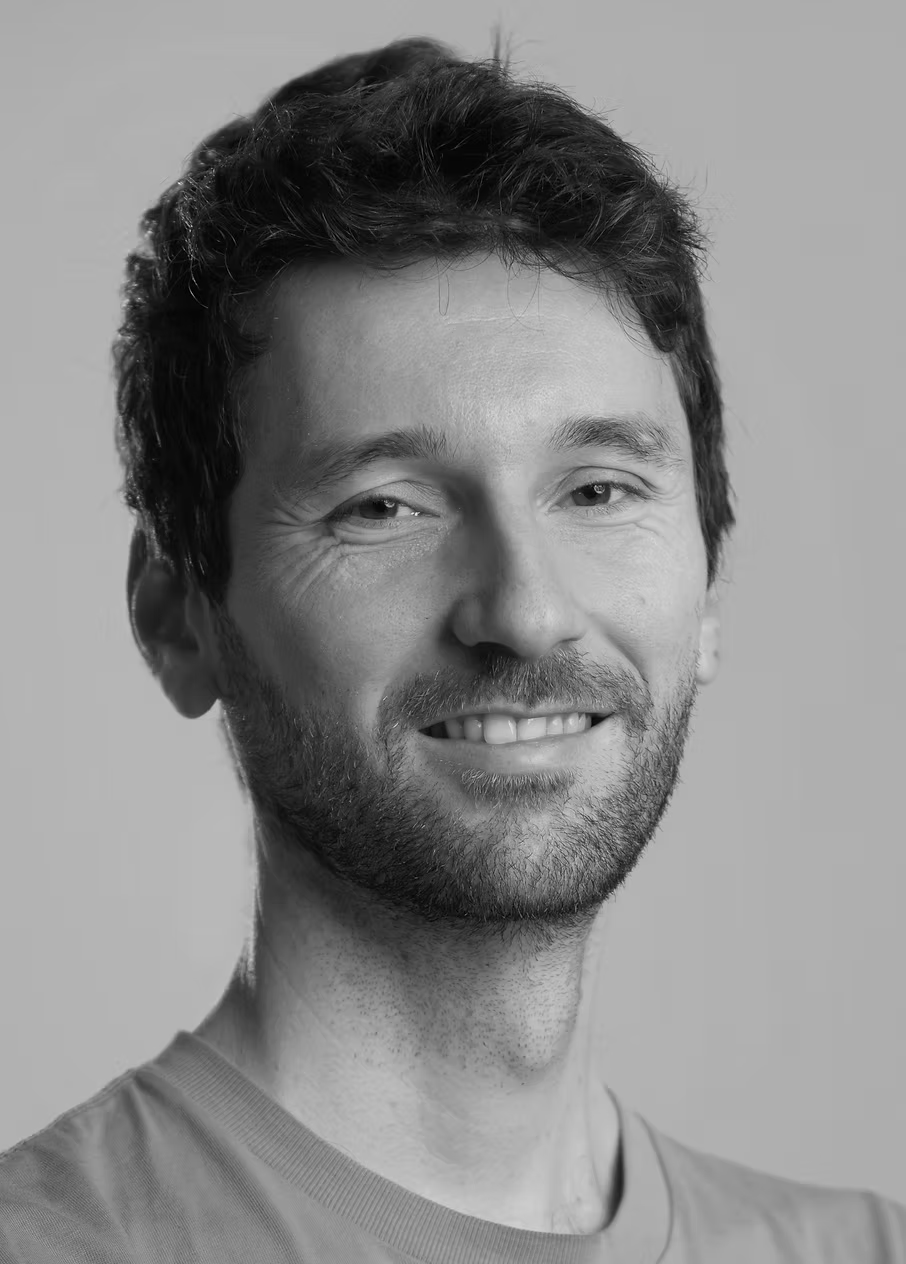
Julien Schneider, M.Sc.
Engineering | Senior Software Engineer

Raitis Veinbahs
Engineering | Senior Software Engineer

Samuel Börlin, M.Sc.
Engineering | Infrastructure Engineer
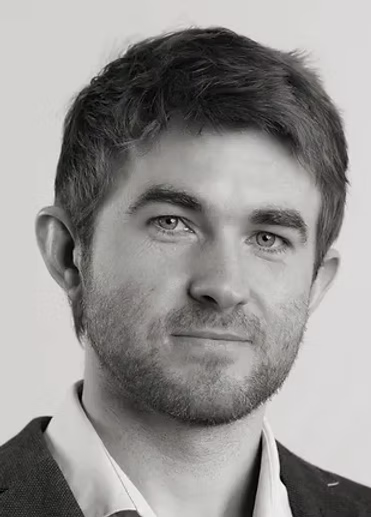
Marcin Procyk, M.Sc.
Engineering | Software Engineer
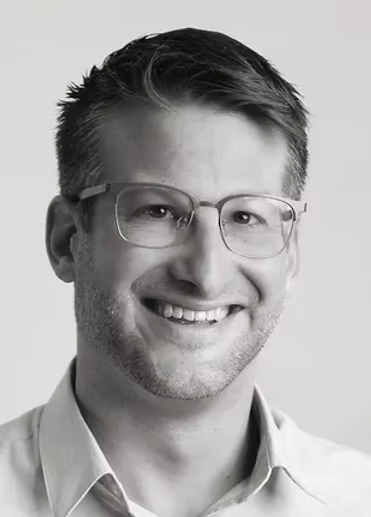
Dominique Steinbach, B.A.
Engineering | Software Engineer
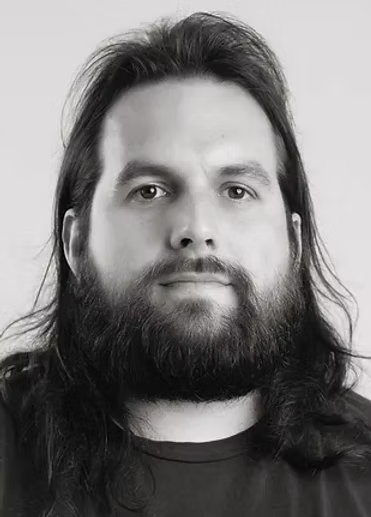
Lukas Stöckli, M.Sc.
Engineering | Infrastructure Engineer
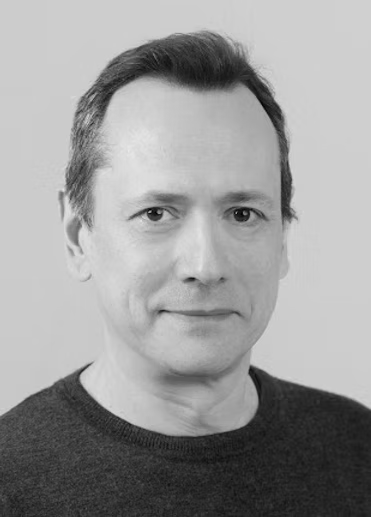
Dr. José Luis Losada Palenzuela
Repository Services | Senior Research Data Specialist
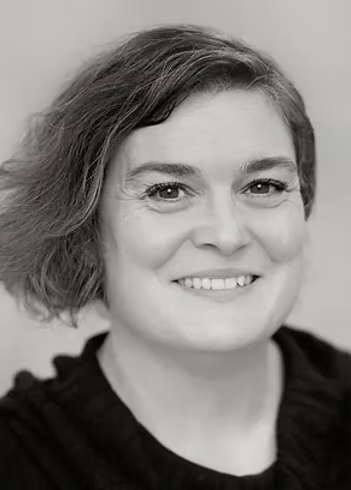
Dr. Noémi Villars-Amberg
Repository Services | Senior Research Data Specialist
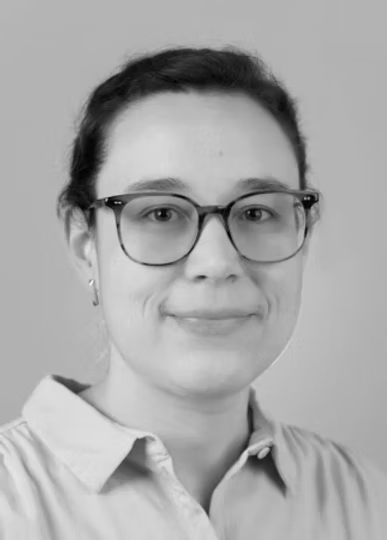
Nora Ammann, M.A.
Repository Services | Research Data Specialist & Scientific Programmer
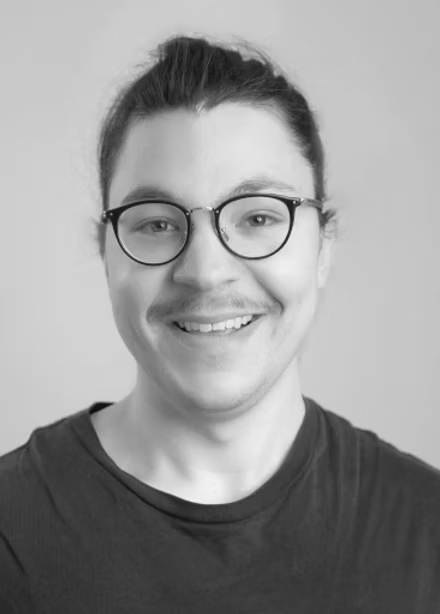
Gregor Bachmann, M.A.
Repository Services | Research Data Specialist & Scientific Programmer
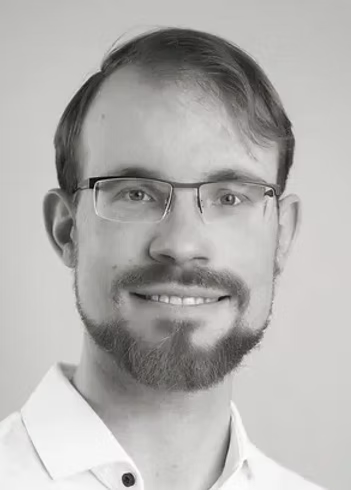
Johannes Nussbaum, M.A.
Repository Services | Research Data Specialist & Scientific Programmer
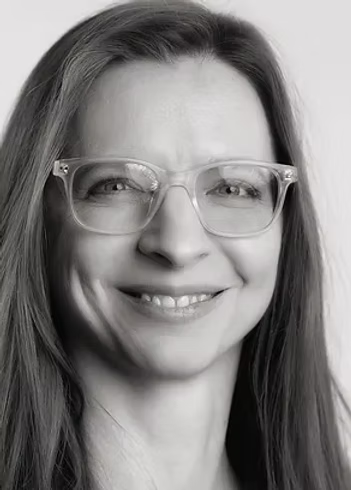
Daniela Subotic, M.Sc.
Repository Services | Product Manager & Research Data Specialist

Florian Wegelin, M.A.
Repository Services | Research Data Specialist & Scientific Programmer
Associated Researchers
Our work is enhanced by collaboration with distinguished researchers who contribute their expertise to various projects.
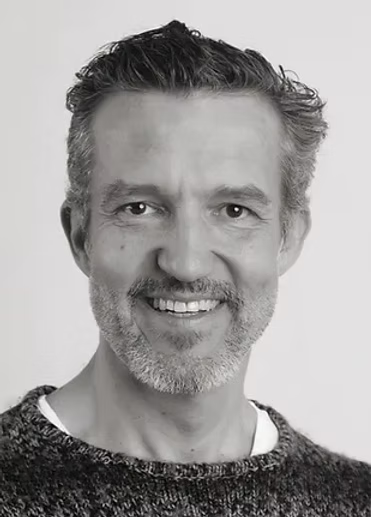
Prof. Peter Fornaro
Associated Researcher

Sebastian Borkowski, M.A.
Associated Researcher

Dr. Olga Serbaeva Saraogi
Associated Researcher